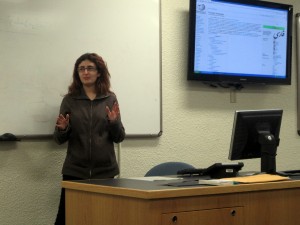It cannot be emphasized enough how horrible it is that agents of state in places where citizens are peacefully protesting against misrule are opening fire on them. This is totally heartbreaking, and no words can condemn it enough. I have just seen a few Youtube videos in which totally harmless protesters walking on the streets of the country are shot at with live bullets. Are these soldiers mad? Have governments gone totally demented now? Whose interests are these shooters protecting? What are they trying to say? That protest is illegal and people should merely shut up and comply like goats? The underlying justification for citizen’s protests and revolt becomes even clearer when a simple thing as a peaceful march is met with merciless sadistic force. We should be outraged.
Since Egyptians toppled Mubarak through that sustained popular revolt, the world has once again directed its attention to the prospects of non-violent revolution. Unfortunately, not all governments got the memo. Bahrain is a small country on the Persian Gulf with a population of just over a million people, lying close to Saudi Arabia. It is ruled by a royal family that now seems threatened by a demand for a better way of life. These killings are unacceptable, and will only bring more pain and suffering, not to mention strengthen the citizens’ resolve. Here’s one more dictatorship to go, and as soon as possible. I call on the citizens and governments of the world to stand firmer on core values of human rights, more so now in the face of blatant disregard of the government for dissidence. Same for Libya, and Yemen. Compared to the ruling princes of Bahrain, Hosni Mubarak’s autocratic rule now looks like heaven in hindsight.

